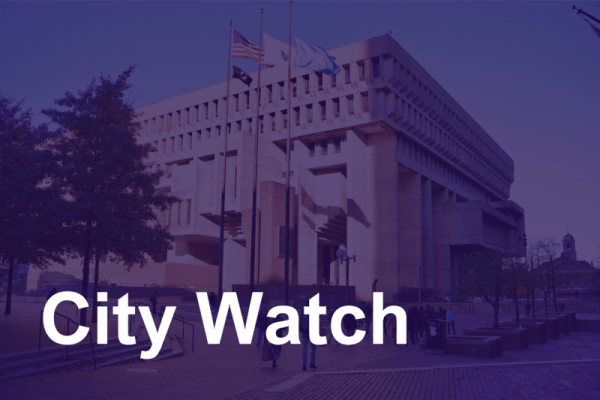City council meets to discuss costs for city agreement with Boston Association of School Administrators and Supervisors
Boston City Council’s ways and means committee met on Jan. 22 to discuss appropriation of $1.8 million to support costs of the new collective bargaining agreement that the city has reached with the Boston Association of School Administrators and Supervisors (BASAS). BASAS employs about 240 administrative staff both centrally and in Boston Public Schools, including directors of instruction, program directors, and directors for special education and ESL programs.
BASAS’ last bargaining agreement with the city expired in 2016, and the bargaining process has been delayed due to the current pandemic, resulting in a new agreement between the union and city on Dec. 2, 2020.
Councilor Kenzie Bok, District 8 City Councilor and ways and means committee chair, called the meeting to order to discuss dockets #0114 and #0115. Due to Boston’s large number of unionized workers, and the city’s firm commitment to collective bargaining, union bargaining units interface directly with representatives of the city to come to an agreement which is subsequently ratified by union members, Bok said. These agreements only come to the city council for approval after a new agreement is reached because councilors bear the responsibility of meeting additional financial commitments that the city makes to union workers during bargaining.
According to Jeremiah Hasson, Director of the Office of Labor Relations for Boston Public Schools, the city has reached an agreement with BASAS that provides a 2% raise to school administrators per fiscal year, retroactive to 2016. The majority of this funding has been reserved by the city during negotiations, so the supplemental $1.8 million appropriation currently in discussion will apply to fiscal year 2021, supporting the ongoing cost of the administrators’ raised salaries.
“What we agreed to is wage increases that are consistent with the majority of our other bargaining increases,” said Hasson. “It’s a contract that’s consistent and equitable with the majority of our other employees.”
In exchange, bargaining unit members who are laid off will no longer have recall rights to new vacancies. This allows school leaders and department heads to select a candidate through a traditional hiring process, as opposed to current union members’ rights to automatically fill vacant administrative positions.
The committee meeting included written testimony from Dominic Sacchetti, BASAS president, who urged the ways and means committee to recommend passage of these two dockets. According to Sacchetti, Boston school administrators have been impacted by the city’s inflation rate and lack of raised salaries over the past four years. He also cited a neutral fact finder who investigated public data about city finances, who said that the city can afford these veteran educators’ salary raises.
“Why is it in the interest of the city to see to it that we secure fair compensation?” Asked Sacchetti, in written testimony. “Because we are managing a precious resource.”
The meeting was adjourned by Councilor Bok, who said she is committed to recommend these two dockets for passage on Wednesday of this week.







